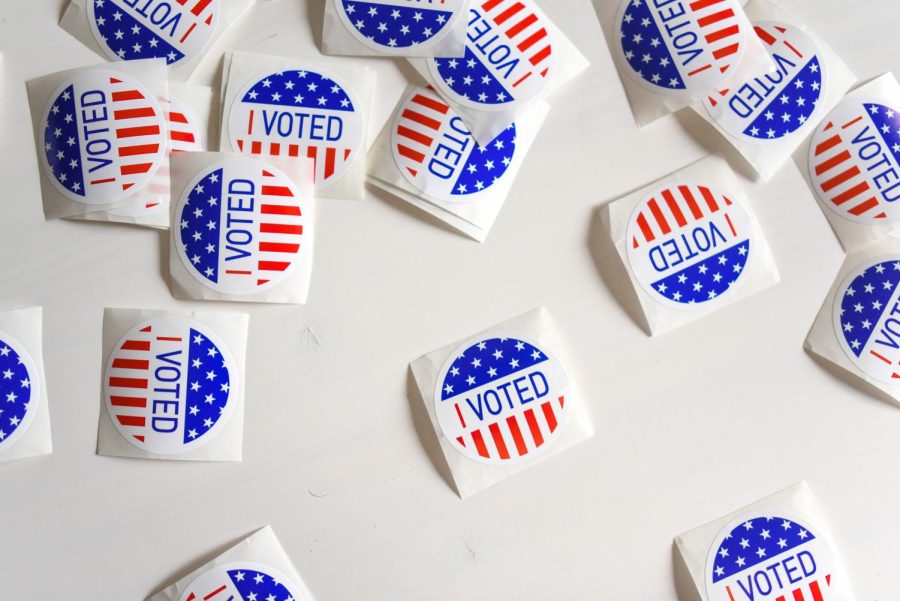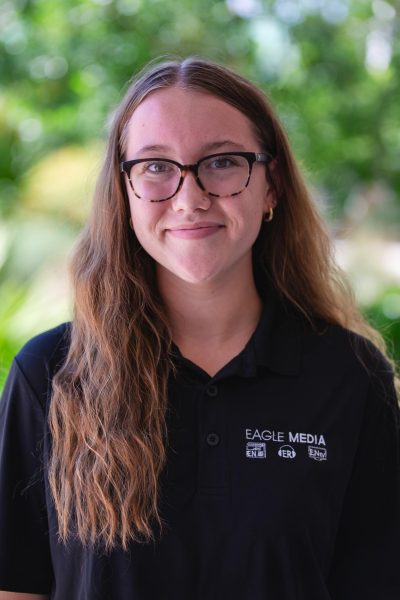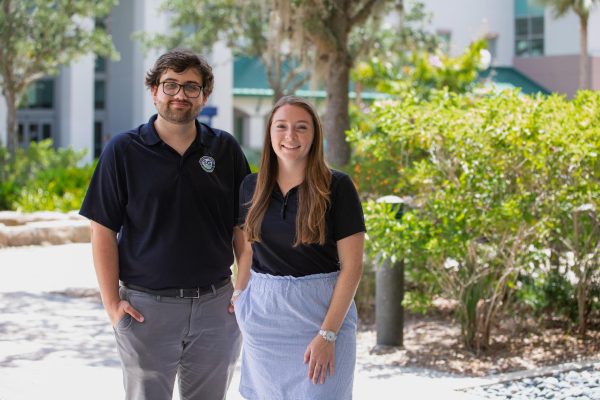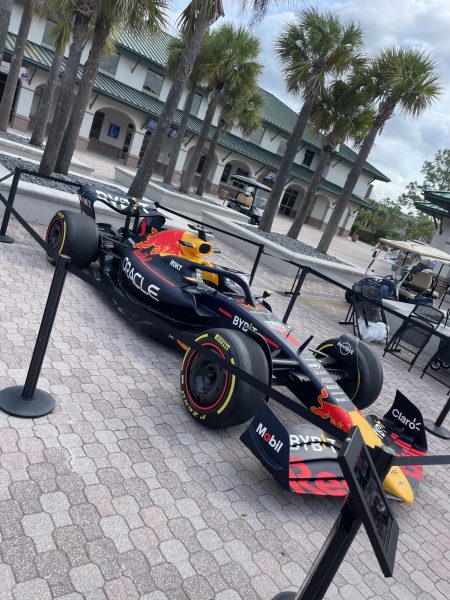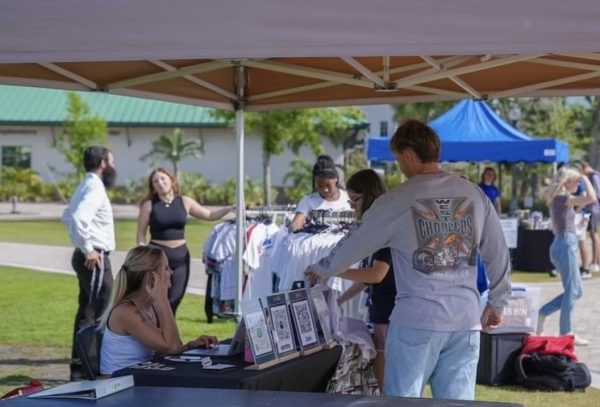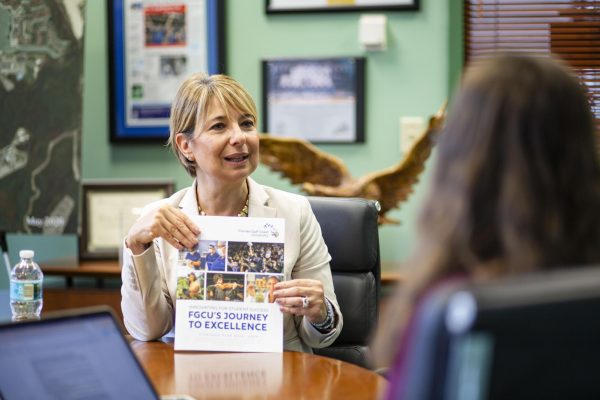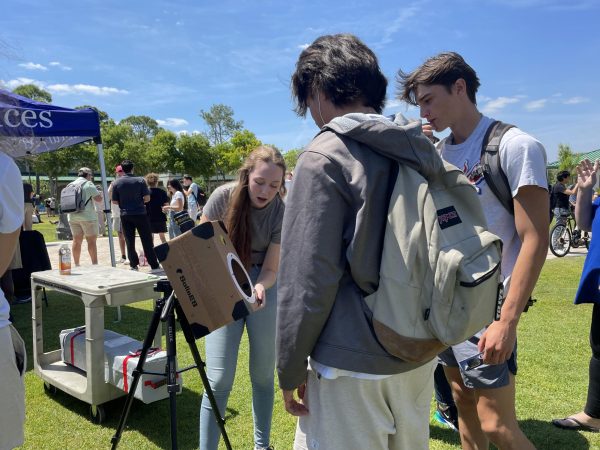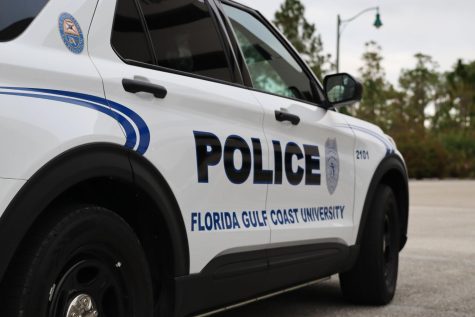Your Guide to This Year’s SG Election
February 22, 2023
The 2023 Student Government elections are coming up. Do you know what that means for you?
This year’s Student Body president, vice president, treasurer and senators running for office were announced on Tuesday afternoon. They are now running their campaigns and must comply with the FGCU Student Government Election Code.
Presidential and vice presidential candidates run on a ticket, meaning you vote for them as a team, not individually. In the past, candidates for treasurer ran on a ticket with them, but it has since been taken off. This year’s supervisor of elections, Owen Rhoads, is considering changing it back after this year’s election.
Each candidate had to go through a training session with Rhoads prior to them beginning their campaign. This helps candidates understand not only how to follow the Code of Elections, but how to use every asset given to their advantage.
Each presidential and vice presidential ticket is allowed a campaign staff. These are students who dedicate themselves to assisting the campaign for one specific ticket. The Code of Elections apply to these students as well, although they are not required to attend the meetings.
Candidates are given the option of applying for a budget to assist in their campaign. Preliminary budget requests have already been turned in, finalized budget requests are due for candidates today. Presidential and vice presidential tickets must submit their budget requests together as a ticket. The expenditure cap for senatorial candidates is $250. The expenditure cap for each ticket is $500. The approval or denial of budget requests is in the hands of the supervisor of elections.
There are two different types of campaigning that are listed in the Election Code. One is passive campaigning which includes wearing a pin or t-shirt with their campaign slogan or other information. The other is called active campaigning. Active campaigning can be defined as direct interactions between candidates and recipients. This is not permitted within academic buildings, student government meetings, residential buildings or off-campus.
There are many rules which candidates must comply with while campaigning as stated in the Election Code, which is available for student access on Eagle Link.
The presidential and vice presidential candidate forum will take place in the Water School room 138 on Thursday at 6 p.m. The forum will be recorded and posted on the Student Government Elections’ Eagle Link for students to refer back to.
Voting will open on Feb. 28 at 8 a.m. and will close on March 2 at 5 p.m.
Each student will be allowed one ticket vote. Students may only vote for the senatorial candidates running for seats in their college. There is also a category for students who are undecided. Dual-enrolled students are not permitted to vote.
Student Government will be hosting voting booths in the form of laptop computers available for student use in the Cohen Student Union. The supervisor of elections and the election committee are still deciding when these polls will be available for students, but are hoping to have them open all three days when voting is live. No active campaigning is allowed within 100 feet of the campaign booths.
The winning candidates will be announced at The Boardwalk in North Lake Village at 7 p.m. on March 2. The candidates who are elected will not begin their terms until April 1.
































